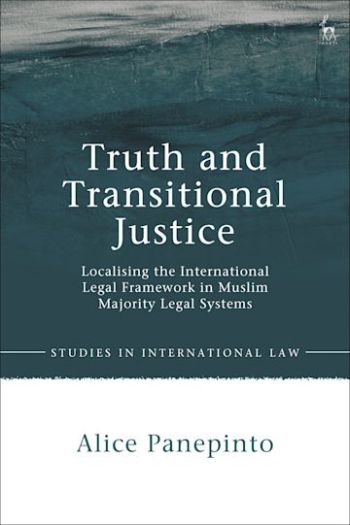
The Arab uprisings and new and old conflicts in the Middle East and North Africa have sparked an interest in transitional justice in Muslim-majority legal systems, and its potential to uncover the truth about past abuse and ensure accountability for widespread human rights violations. This raises the pressing question of how to implement and adapt the international paradigm of transitional justice, and in particular its truth-seeking aims, to local settings characterised by Muslim majority populations.
This book offers a critical analysis of the relocation of transitional justice from the international paradigm to the legal systems of Muslim-majority societies in light of the inherently pluralistic realities of these contexts; it also investigates synergies between international law and Islamic law in furthering the transitional aims of accountability, justice and reconciliation through truth-seeking. In particular, this project explores truth-seeking, the formation of collective memories and the victims’ right to know the truth, as key aims of the international paradigm of transitional justice, in relation to Islamic jurisprudence and practices.
This monograph will provide a useful reference for scholars, practitioners and policymakers seeking to analyse and design transitional truth-seeking processes in the legal systems of Muslim-majority societies.